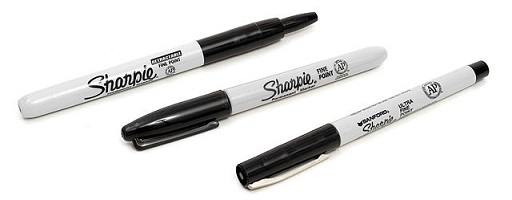
Courtesy of wikipedia.com
I sat down to brunch with friends, recently, a long overdue pleasure. As they were friends, they asked how my memoir was progressing. “Oh,” I replied, the genre isn’t called a memoir anymore. It’s referred to as “literary nonfiction.”
“What’s the difference?” The friend who’d spoken folded his arms across his chest to suggest he doubted anything was new under the sun.
Happy to clarify, I turned in his direction. “’ Literary nonfiction’ arranges life events in the format of a novel. There’s background, a denouement, and a resolution.” I went on to add that if memory fails regarding a conversation, the rules allow a writer to invent new dialogue.
A frown formed on my skeptical friend’s face so I was quick to add, “Of course what’s written must be true to the gist of the original exchange.”
“In other words, you can lie,” he said, causing laughter to ripple across the room.
Later that afternoon, this same friend emailed an article to me by George F. Will. Will is a conservative writer for the Washington Post, but he’d penned this particular essay in 1997. The piece might have been titled “true lies,” as it was about alternate facts — a subject dear to our current president, Donald Trump. (Torricelli’s Lager Point,” Newsweek, Sept. 1997. Pg. 78.)
Will wasn’t prescient enough to anticipate the future, however. His complaint was against Robert Reich, a liberal economist who’d served as Bill Clinton’s Labor Secretary for a time. Opposed to Reich’s views on just about everything, Will mocked what he called Robert Reich’s Rule of Epistemology: “…any proposition is true—or true enough, or as true as anything else — if it comports with one’s feelings about or ‘perceptions’ of, something.”
What provoked Will’s ire was a story Reich had told in his latest publication at the time. It was inaccurate, but when confronted, Reich refused to back down. “I claim no higher truth than my own perceptions. That is how I lived it.” In modern times, that same defense reverberates in Elizabeth Warren’s claim about her American Indian roots.
“Perception is reality.” The truism has long dominated political thinking and in 1997 it was the source of Will’s lament: “There are no reliable facts, only perceptions.” In 2019, nothing has changed. Witness how Donald Trump can slay Alabama weather forecasters with his sharpie pen.
I hope my skeptical friend has reread the article he sent me. If so, perhaps he will think more kindly of “literary non-fiction.” What is art for, after all, if not to hold a mirror up to life?
